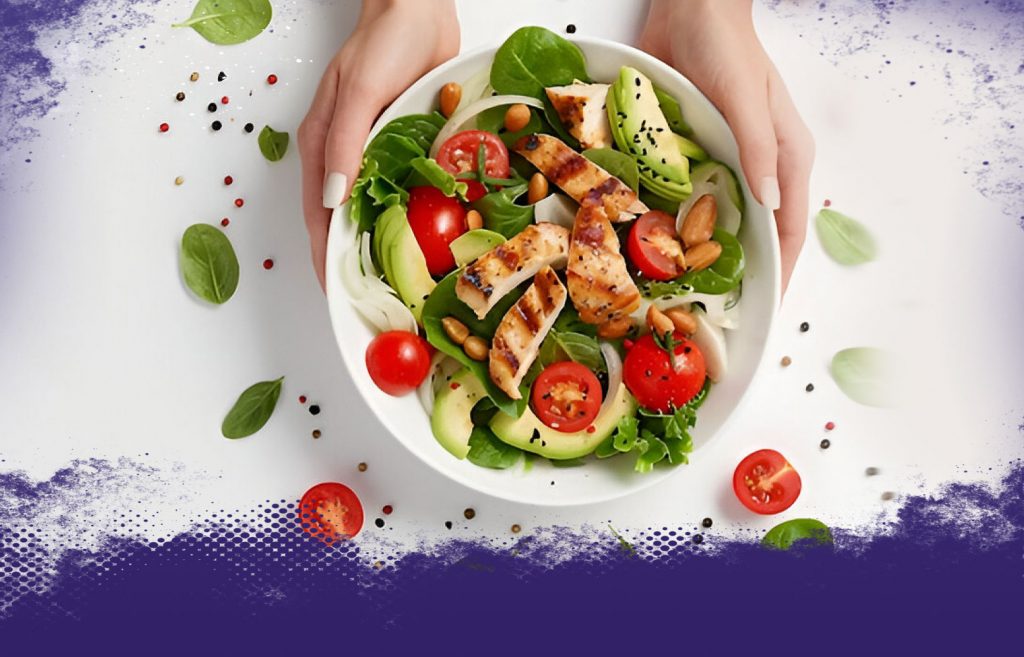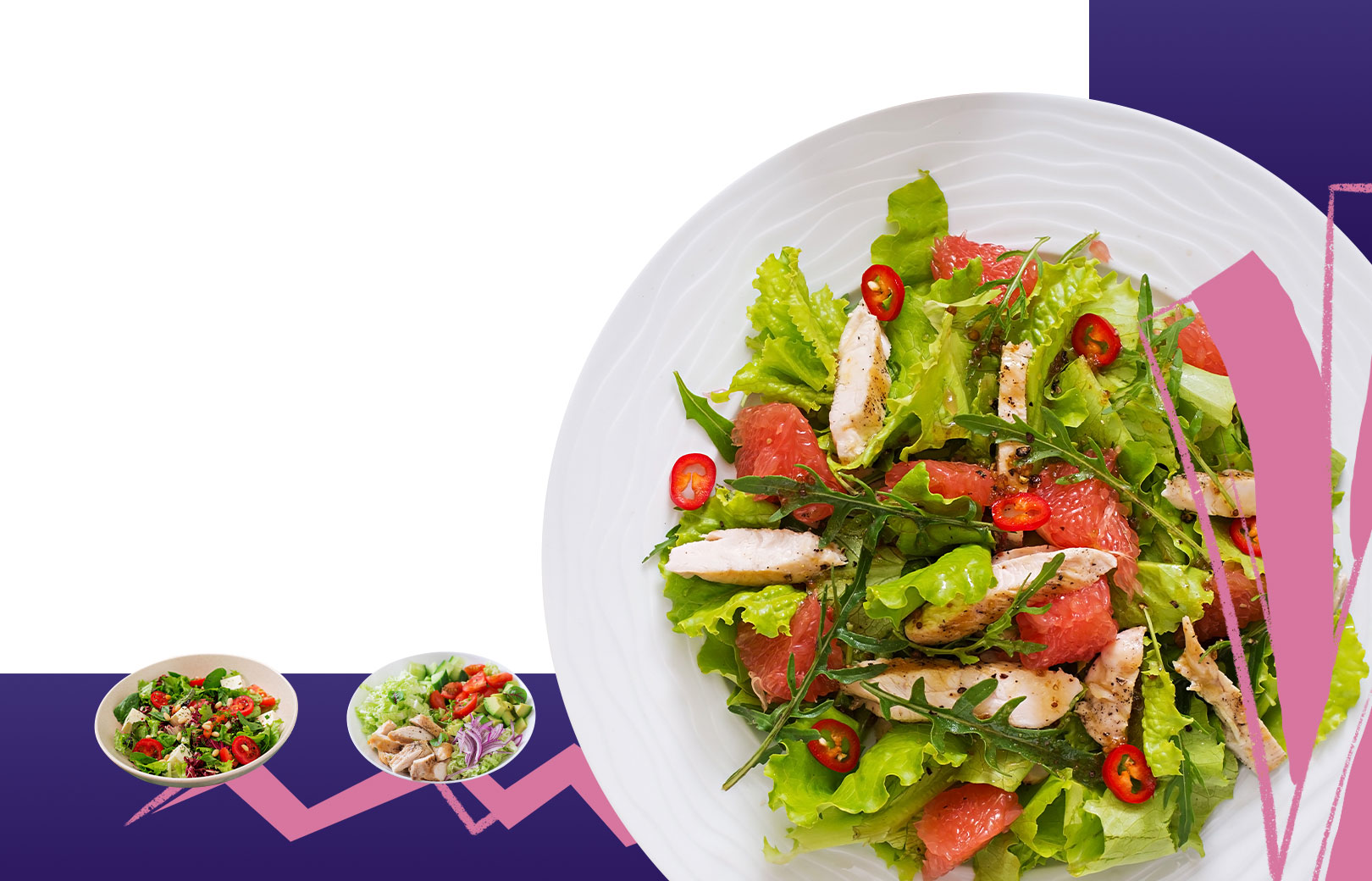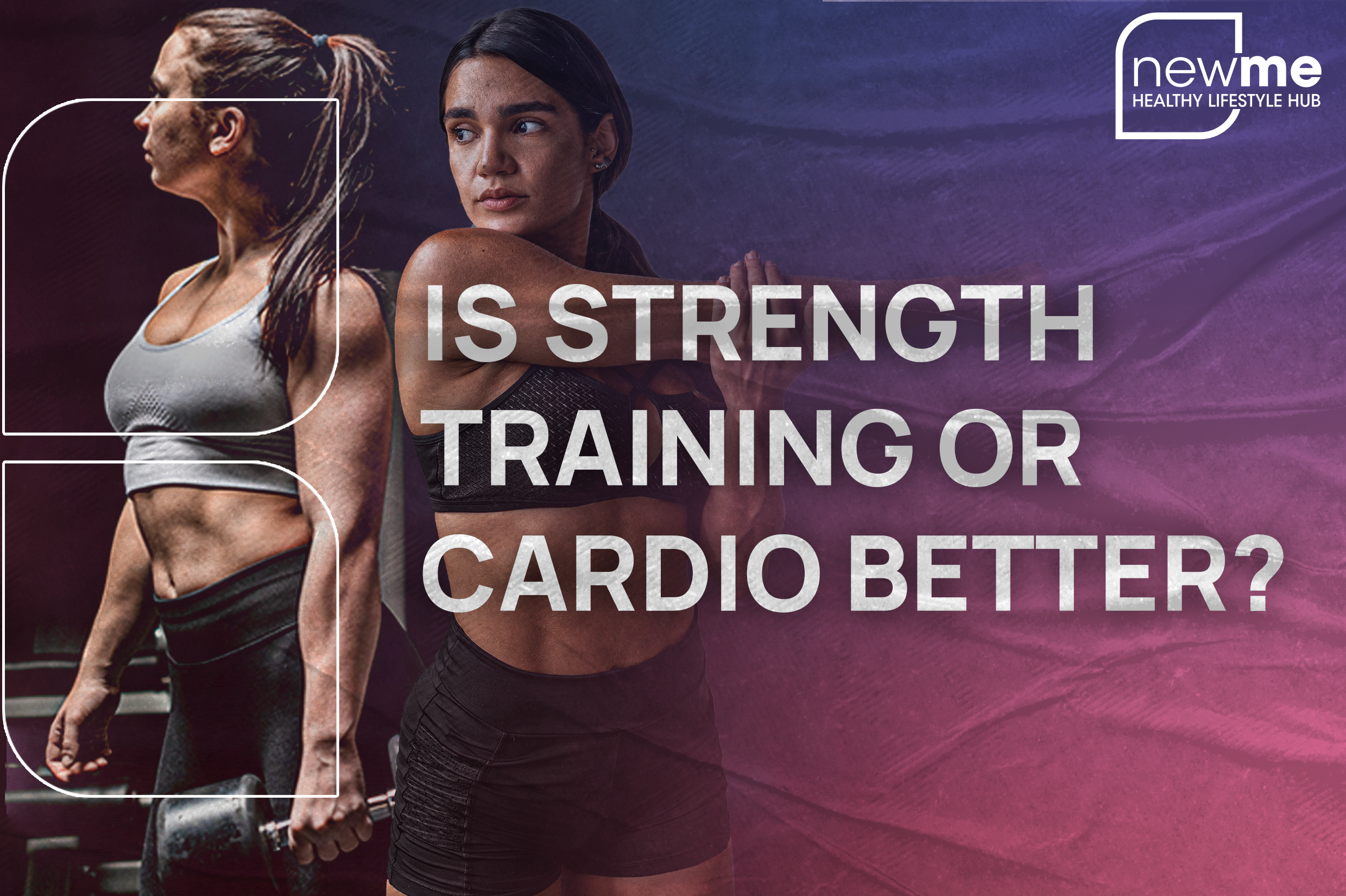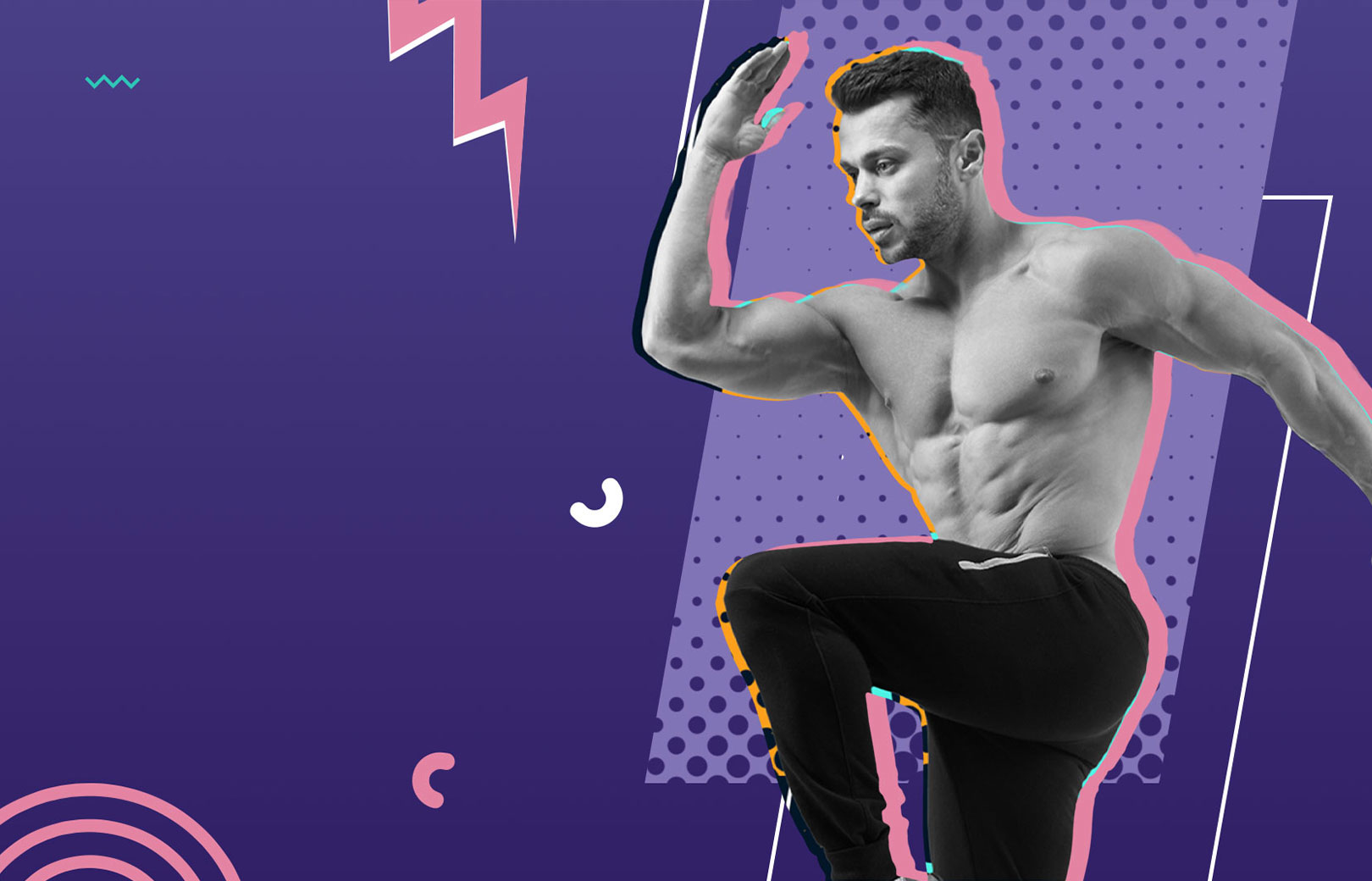
should you eat before a workout ? If you’re wondering whether you should eat before a workout, you’re not alone. Many people question if pre-workout nutrition really impacts exercise performance or if it’s better to hit the gym on an empty stomach. With so much conflicting information, understanding the benefits and potential downsides of eating before a workout can help you make a well-informed decision. Here, we’ll explore the science behind pre-workout nutrition, the best foods to eat, and timing for optimal results.

Why Eating Before a Workout Matters
Fueling Muscles and Enhancing Performance
Just like a car needs fuel to run, our bodies need energy to perform at their best. When you eat before a workout, your body gets a supply of glucose, which is stored in muscles as glycogen. This glycogen acts as the main fuel source, particularly for high-intensity workouts. Without enough glycogen, fatigue sets in more quickly, leading to a lower-intensity workout and reduced endurance. A balanced pre-workout snack or meal helps provide the body with the fuel it needs to perform efficiently.
Muscle Preservation and Recovery
Eating before exercising also supports muscle preservation. During a workout, muscles are put under strain and experience tiny tears, which are then repaired and strengthened through a process called muscle synthesis. Consuming protein before a workout supplies amino acids—the building blocks for muscles—helping to prevent muscle breakdown. Additionally, pre-workout nutrition supports faster recovery by allowing muscles to repair more quickly, reducing post-workout soreness.
Benefits of Eating Before a Workout
Improved Energy and Endurance
Eating before a workout provides your body with energy, enhancing performance, endurance, and workout intensity. Studies have shown that a pre-workout meal rich in carbohydrates can improve performance, especially during long or high-intensity exercises. Carbohydrates are a quick source of energy, making them ideal for a sustained workout. Pairing carbs with a bit of protein creates a balanced snack that keeps you fueled for longer.
Enhanced Focus and Mental Alertness
Nutrition plays a significant role in mental clarity, which is crucial for staying focused and motivated throughout a workout. Low blood sugar from fasting can lead to mental fog, lethargy, and reduced concentration. Eating a balanced meal or snack before your workout can keep blood sugar levels stable, preventing energy dips that impact mental sharpness. This is particularly helpful for those who need to focus on specific workout techniques or who are aiming for high-intensity, strategic training.
Faster Recovery Post-Workout
Pre-workout nutrition not only powers your exercise but also sets the stage for recovery. Eating beforehand boosts glycogen stores and primes the body for post-exercise recovery by supporting muscle repair and reducing fatigue. When you pair pre-workout nutrition with a solid post-workout meal, the two work together to enhance muscle growth and reduce soreness, helping you reach your fitness goals faster.
Drawbacks of Working Out on an Empty Stomach (Fasted Workouts)
Potential Muscle Loss
Fasted workouts, or exercising without eating, are sometimes practiced to promote fat burning. However, when glycogen stores are depleted, the body may begin breaking down protein from muscle tissue for energy, which could lead to muscle loss over time. While some research supports fasted cardio for fat loss, those aiming for muscle growth or maintenance may risk protein breakdown and reduced gains when working out on an empty stomach.
Reduced Energy and Decreased Intensity
Working out without food can limit your performance, particularly during intense or prolonged exercises. Without enough glycogen, energy levels drop more quickly, making it harder to sustain the same intensity or duration. As a result, you may find that your workouts are shorter or less productive, which can slow down progress in reaching fitness goals.

Who May Benefit from Fasted Workouts?
Fasted workouts may offer benefits for certain people, particularly those looking to maximize fat loss. Low-intensity fasted cardio, like walking, may help the body tap into fat stores more quickly. However, for high-intensity or strength training workouts, fasted exercise is typically not recommended, as it can hinder performance and lead to muscle loss. If you’re experimenting with fasted workouts, consider speaking with a fitness expert to ensure it aligns with your goals and supports your overall health.

Best Pre-Workout Foods to Maximize Performance
Carbohydrates for Quick Energy
Carbohydrates are essential for fueling workouts, providing the quick energy that keeps you going, especially for high-intensity activities. Some effective sources of pre-workout carbs include:
- Oats: A small bowl of oatmeal provides slow-release energy, ideal for sustaining longer workouts.
- Bananas: A fast-digesting carb that’s easy on the stomach, plus a good source of potassium.
- Whole-Grain Toast: Whole-grain bread provides complex carbs, and you can add a spread like peanut butter for added fuel.
Protein for Muscle Support
Protein is crucial for muscle preservation, especially for strength or resistance training. Good protein sources include:
- Greek Yogurt: High in protein and easy to digest, Greek yogurt can be paired with berries or honey for added carbs.
- Eggs: Rich in high-quality protein, eggs are easy to prepare and a great addition to pre-workout meals.
- Protein Shakes: Protein powders, such as whey or plant-based options, are convenient for quick consumption and muscle support.
Fats for Sustained Energy (in Small Amounts)
Fats digest slower than carbs or protein, so they should be consumed in small amounts before a workout. A little healthy fat can provide sustained energy, particularly for longer sessions:
- Nuts: Almonds, walnuts, or peanuts are good sources of fat and protein, just avoid eating too much.
- Avocado: A small portion of avocado can provide a dose of healthy fats without feeling too heavy.







